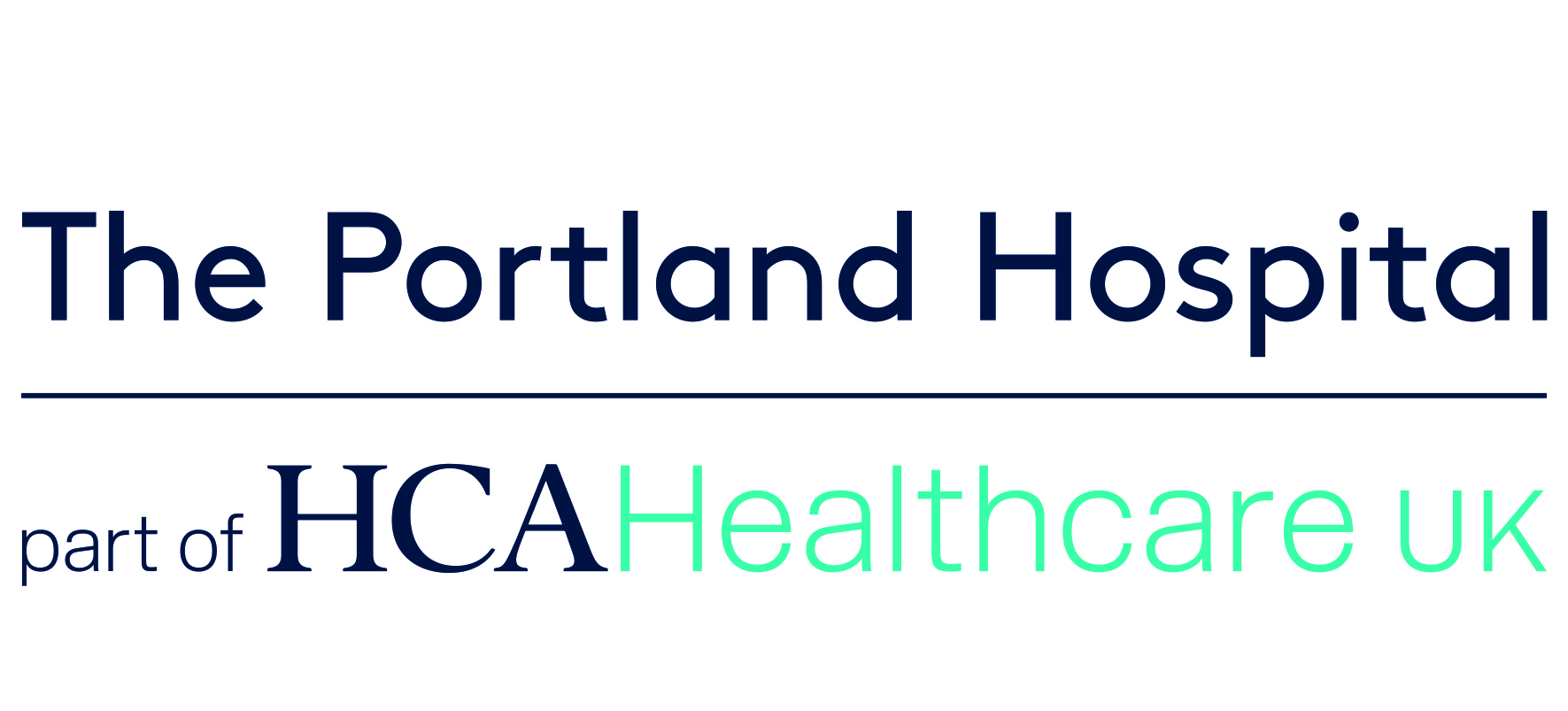
Pre-eclampsia is a serious condition which usually presents as high blood pressure and protein in the urine/or abnormal blood tests. It may make you feel unwell with excessive swelling, headaches, changes in vision or pain in the upper part of your tummy. It can also affect the growth of your baby (intrauterine growth restriction – when the baby is smaller than usual due to not growing at a normal rate.) Pre-eclampsia will normally resolve in the first few weeks after delivery of your baby. Taking aspirin may help to reduce the risk of this occurring.
At your booking visit (10-14weeks), it will be identified whether you are at increased risk of pre-eclampsia – see below for risk factors. If you are at higher risk, you will be prescribed 75-150mg of aspirin (depending on weight). You should take this medication as soon as you receive the prescription until the birth of your baby. It is best to take this in the evening, as it will be absorbed better. You can take it either with or without food.
If you have 1 of the following risk factors you will be offered aspirin during your pregnancy:
(Your midwife/doctor will indicate which risk factor(s) apply to you)
If you have 2 of the following risk factors you will be offered aspirin during your pregnancy:
(Your midwife/doctor will indicate which risk factors apply to you)
Rarely, aspirin can cause bleeding from the lining of the stomach. However, taking this dose of aspirin in pregnancy has not been shown to increase miscarriage, vaginal bleeding during or after delivery, or to cause bleeding behind the placenta.
There is no evidence to suggest any harm to baby. In fact aspirin will help to reduce the risk of harm to your baby, by reducing the risk of pre-eclampsia complications; such as premature (early) delivery, low birth weight and still birth.
For a list of useful contact details for The Portland Hospital, please click HERE.
